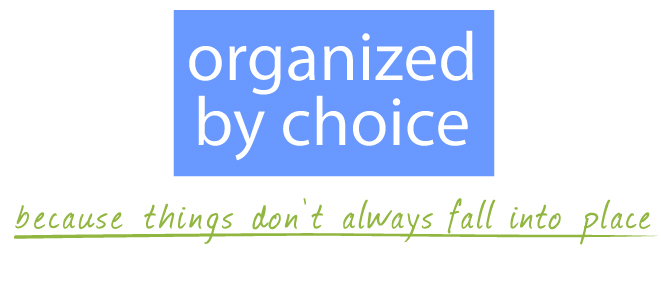While sorting papers with a client, I came across an expired coupon. I was tempted to toss it but, as is my practice, I asked first.
“Oh no,” she replied, “I’m saving that as a template for a coupon I want to make for my business.” I’ve learned to never make assumptions because what is one person’s junk is another person’s treasure.
Could a friend come into your home and easily identify your “treasures?” Treasures are disguised as junk when hidden in piles of clutter. They don’t beg for our attention like bills to pay or pets to feed. They sit quietly collecting dust in the back of a closet, catch-all room, garage, or storage unit. Sometimes they encroach on our living space covering the floor or flat surfaces because we mean to do something with them.
We hope that keeping them in our vision will inspire action, but when the next thing lands, we’ve lost sight of the treasure and the inspiration. When treasures convert to triggers causing stress and anxiety, it’s time for action.
As you sort through your “treasures” it’s unlikely you’ll identify any of them as junk. Most likely, they're not. Many belongings are donatable and truly become someone else’s treasure. There is great value in passing along things that others can’t afford to buy new.
If everything’s precious, then nothing’s precious, so choices must be made. Here are some Timely Tips to assist you.
Timely Tips to discover your treasures
Is it something you need?
Clients often say, “Now that I know where it is, I’ll use it!” Think realistically about how it landed there. If it wasn’t searched for, it probably wasn’t treasured.
If you’re convinced you’ll use it, place it in a box with a date six months from now. Put a reminder on your calendar or phone to donate anything you haven't dug out to use.
Create permanent homes for things you remove. After six months, donate the rest.
OK, so I kept a tray or two.
Does it add value to your current lifestyle and interests?
When I ask clients about their priorities I often hear, “I’d like to (insert hobby/activity), but I don’t have the space for it.” Sound like you?
Give yourself permission to move on and let go of former passions and interests to make space for your current ones.
Just because I collected cows and did folk art painting in my 30s, doesn’t mean I have to consider them treasures in my 60s.
Photo by Jordan Benton from Pexels
Can I make money if I hang onto it long enough?
A better question is, what are these "treasures" costing me to keep? In addition to space, cluttered areas can affect relationships, collect dust, and cause stress and health issues.
Renting storage space for things you plan to sell is seldom lucrative.
Sadly, there are few things increasing in value these days, because fewer people are buying collectibles and antiques.
Rather than hang on to things "just in case," send photos or make a call to a collectible/antique dealer and determine if it's costing you more to keep than to let go of.
If you have true treasures you're not using or displaying, ask the dealer how to go about selling.
If your items don't have monetary value, they may still be valuable to someone shopping at a local thrift store.
Wise Words
Don’t let possibility enthusiasm crowd you out of your home. Share the wealth. -Brenda McElroy




